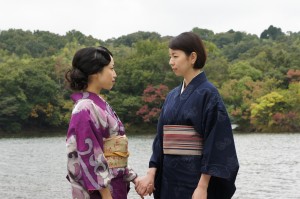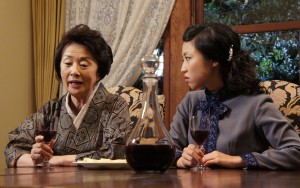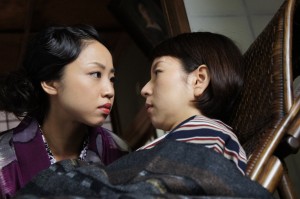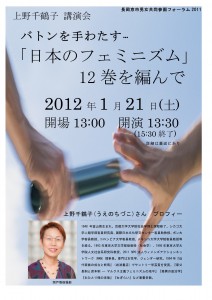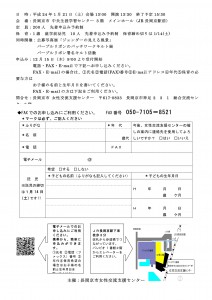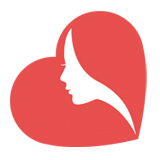Since the historic political shift from the Liberal Democratic Party (LDP) to Democratic Party of Japan (DPJ) in 2009, Japanese politics has seen three prime ministers and thus three sets of Cabinet members. On September 2, 2011, the newly appointed Prime Minister Yoshihiko Noda formed a Cabinet, which includes two female members: Yoko Komiyama, the Minister of Health, Labor and Welfare, and Renho, State Minister in Charge of Government Revitalization, Civil Service Reform, Gender Equality and Japan’s Declining Birthrate.
The first DPJ Prime Minister Yukio Hatoyama had two women in his Cabinet, and his successor Naoto Kan also appointed two female members, although the latter two were both dismissed later in a Cabinet reshuffle. The resurgence of female politicians should therefore be welcomed, especially as Komiyama was promoted to what is considered a major post in the government from the position of Vice Minister and is now in charge of the DPJ’s proposed comprehensive tax and social welfare reform.
What is debatable, however, is the manner in which the media has dealt with the Gender Equality post. News that Renho had been appointed to the post was initially not mentioned at all on the major Internet news sites that covered the new Cabinet appointments. Later, the reports of Renho’s Cabinet responsibilities cited only “government revitalization” and “civil service reform,” and a few others put “Japan’s declining birthrate" before "gender equality." Even Asahi Shinbun, one of Japan’s most widely circulated newspapers, mentioned “gender equality” only in a small footnote.
The first press conferences, only available on the governmental website, show the two female members views on issues well:
Komiyama, who apparently avoided the term “gender equality” in deference to the Japanese political convention of sectionalism at the press conference, certainly understands what are crucial under the current circumstances. On the other hand, Renho raised the issue of work-life balance but did not even mention the third Basic Plan for Gender Equality that has been under construction. Her knowledge and understanding of gender issues in Japan seems to leave room for improvement.
Moreover, at the press conference, not a single question was asked with regard to gender equality. While such disappointment has become almost customary by now, we should keep a critical eye on the media. Undeniably, the Noda Cabinet faces numerous issues including employment, social welfare and tax, all of which are closely linked with gender.
Moreover, at the press conference, not a single question was asked with regard to gender equality. While such disappointment has become almost customary by now, we should keep a critical eye on the media. Undeniably, the Noda Cabinet faces numerous issues including employment, social welfare and tax, all of which are closely linked with gender.
Translated and Adapted by Aya Kitamura


